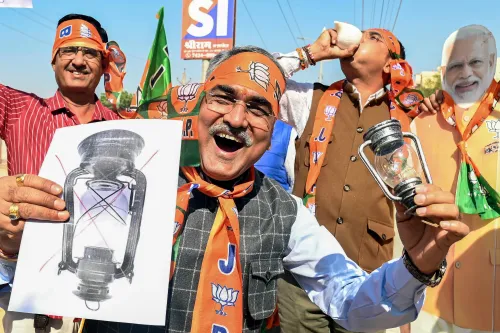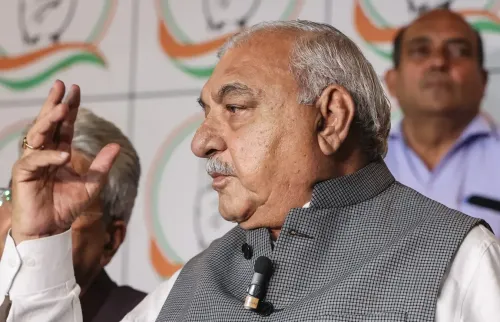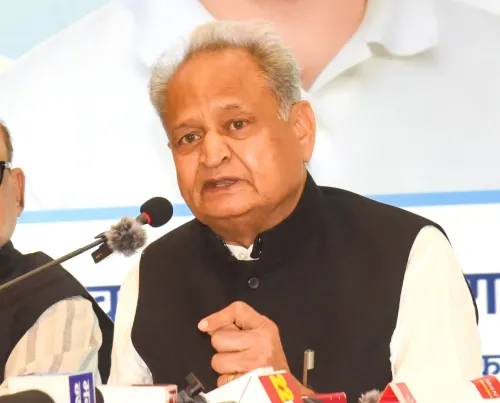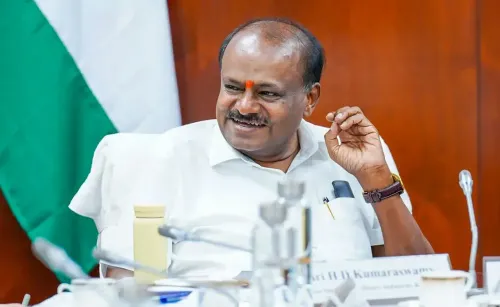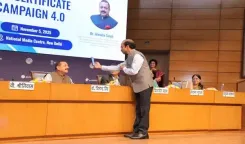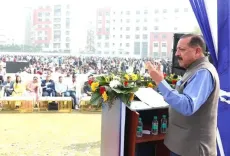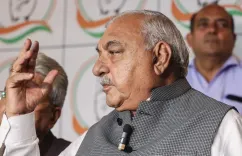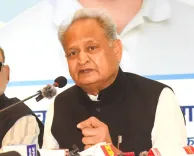Is HM Amit Shah Launching the Rs 4,000 Cr Yamuna Rejuvenation Projects Today?
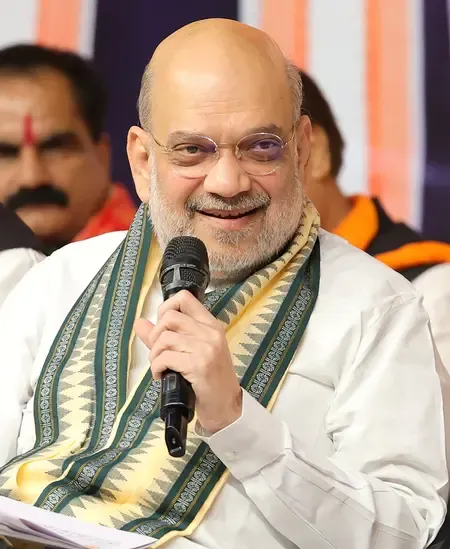
Synopsis
Key Takeaways
- Inauguration of Asia's largest sewage treatment plant in Okhla.
- Investment of Rs 4,000 crore for sewage and sanitation projects.
- Okhla STP has a capacity of 124 MGD.
- Project aims to reduce untreated sewage entering the Yamuna.
- 85% of funding sourced from central government.
New Delhi, Sep 30 (NationPress) Today, Union Home Minister Amit Shah will officially launch Asia's largest sewage treatment plant (STP) located in Okhla, representing a significant step forward in Delhi's mission to revitalize the Yamuna River.
The inauguration will be held at Keshavpur in Vikaspuri and will also kick off 46 additional sewage and sanitation projects, collectively valued at Rs 4,000 crore, under the National Mission for Clean Ganga (NMCG).
Delhi's Chief Minister, Rekha Gupta, is anticipated to chair the event, which is expected to draw a large crowd of over 6,000 attendees, including local residents, community leaders, and officials.
Officials report that the Okhla STP, with a remarkable treatment capacity of 124 million gallons per day (MGD), is the largest facility of its type in Asia. With an investment of Rs 1,161 crore, it spans 40 acres and replaces four outdated sewage treatment units previously situated on the same site. The upgraded facility is engineered not only to treat sewage but also to harness energy from waste and produce A-class sludge, deemed safe for agricultural and landscaping reuse.
The Delhi Jal Board (DJB), which spearheaded the project in partnership with the Central Government, has indicated that nearly 4 million residents across south, central, and old Delhi will directly benefit from this plant. The initiative aims to significantly decrease the volume of untreated sewage entering the Yamuna, a crucial target under the Yamuna Action Plan-III.
Construction commenced in 2019 but encountered several delays due to unforeseen circumstances, including the COVID-19 pandemic and construction bans imposed by the government. Although the project was initially expected to finish in 2022, it was ultimately completed in April of this year, after successful trial runs.
Officials mentioned that 85 percent of the funding for the project originated from the central government, while the Delhi government covered the remaining portion.
The inauguration of these projects is timely, as renewed efforts to cleanse the Yamuna have gained momentum.

